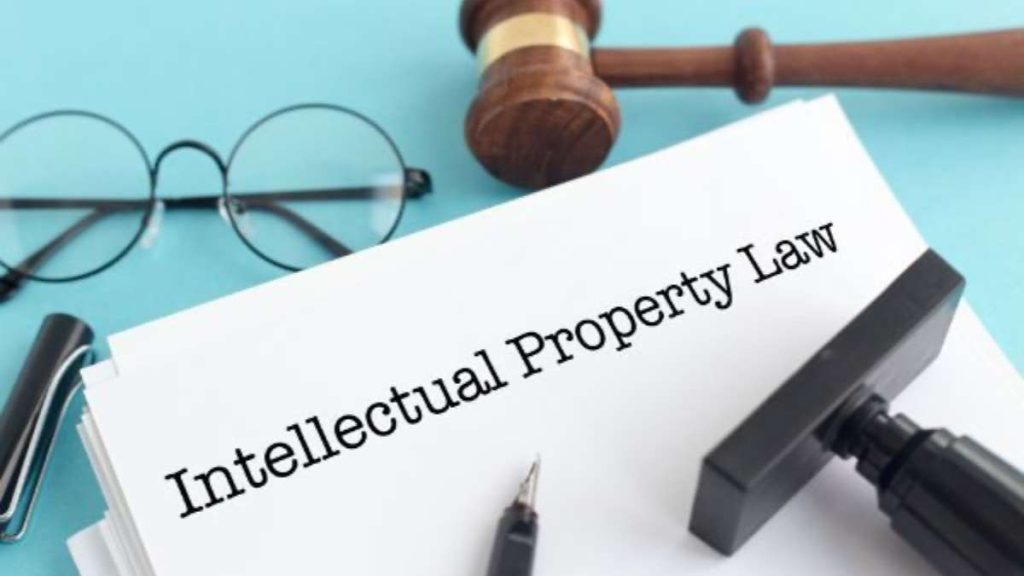Introduction
Overview of Intellectual Property (IP)
Intellectual property (IP) refers to creations of the mind—such as inventions, artistic works, designs, and brand symbols—that need legal protection to prevent unauthorized use. With the increasing value of intangible assets in today’s economy, IP rights have become essential for individuals and businesses to safeguard their innovations and creative endeavors. Intellectual property encompasses a wide range of areas, including patents, trademarks, copyrights, and trade secrets, each of which requires specialized legal protection to prevent infringement.
Importance of IP Protection
In the innovation-driven global economy, the protection of IP is critical. As businesses increasingly rely on intellectual assets, such as patents or trademarks, for competitive advantage, securing legal ownership of these assets becomes crucial. The role of IP attorneys is more important than ever, ensuring that these creations are protected and properly monetized while navigating the complexities of international IP law.
What is an Intellectual Property Attorney?
Definition and Specializations
An Intellectual Property (IP) attorney is a legal professional specializing in protecting, enforcing, and managing intellectual property rights. These attorneys help individuals, entrepreneurs, and corporations secure and defend their IP against misuse or infringement. The scope of IP law is broad, and IP attorneys may specialize in different areas, including patents, trademarks, copyrights, trade secrets, and IP litigation.
Specializations in IP Law
- Patent Attorneys: Assist inventors in obtaining patents for inventions, ensuring that the technical details are thoroughly protected.
- Trademark Attorneys: Help businesses register and protect trademarks that represent their brand identity.
- Copyright Attorneys: Work with creators to protect original works, such as literature, music, and software.
- Trade Secret Attorneys: Focus on safeguarding confidential business information through legal mechanisms such as non-disclosure agreements.
- IP Litigation Attorneys: Represent clients in court to defend their intellectual property rights in cases of infringement
Why Businesses and Individuals Need an IP Attorney

Protecting Business Assets
For businesses, IP attorneys play a key role in safeguarding their most valuable assets—ideas, innovations, and brand identity—from competitors. These assets can include everything from software innovations to product designs. IP attorneys handle legal filings, such as patent applications and trademark registrations, to ensure that intellectual property is legally protected.
Navigating Complex Laws
Intellectual property laws vary by jurisdiction, and protecting IP on a global scale can be complex. An IP attorney guides businesses through these intricate legal frameworks, including international treaties and cross-border IP agreements, ensuring their clients’ rights are secure in multiple countries.
Handling IP Disputes
Disputes over IP ownership or infringement are common, and IP attorneys are essential in resolving these conflicts, either through litigation or settlement negotiations. They defend their clients’ IP rights and seek compensation when their intellectual property has been misused.
Key Roles and Responsibilities of an IP Attorney
Filing and Managing IP Applications
IP attorneys help clients with the complicated process of filing patents, registering trademarks, and securing copyrights. They ensure that these applications meet all legal requirements and follow them through from start to finish, preventing costly mistakes.
Litigation and Enforcement
In cases of infringement, IP attorneys represent clients in legal disputes to enforce their intellectual property rights. This includes taking legal action against unauthorized use or defending against accusations of infringement.
Licensing and Commercialization
Many businesses profit from their intellectual property through licensing. IP attorneys draft and negotiate licensing agreements that allow others to use their intellectual property while generating revenue for their clients.
International IP Protection
For businesses operating internationally, securing intellectual property rights across different jurisdictions is essential. IP attorneys help navigate global IP laws, ensuring their clients’ assets are protected worldwide.
The Importance of Industry Expertise

Technical Background for Patent Law
Many patent attorneys have technical backgrounds in fields such as engineering, biotech, or computer science. This specialized knowledge is crucial for understanding and protecting complex inventions. Patent attorneys with this expertise can communicate effectively with patent offices and ensure that applications are comprehensive and accurate.
Industry-Specific Knowledge
Whether it’s in sectors like technology, pharmaceuticals, or fashion, having an IP attorney with industry-specific knowledge allows businesses to receive tailored legal advice that aligns with the unique needs and challenges of their sector.
Trends in Intellectual Property Law
Impact of Emerging Technologies
Emerging technologies like artificial intelligence (AI), biotechnology, and blockchain are transforming the IP landscape. The legal questions surrounding AI-generated inventions, for example, raise issues about patent ownership and copyright eligibility. As technology evolves, so too must the legal frameworks that protect intellectual property.
Globalization and Cross-Border IP
As businesses expand internationally, managing IP rights across different countries becomes more complex. Global treaties and agreements, such as the Unified Patent Court in Europe, play a key role in harmonizing IP laws, but navigating these systems requires a deep understanding of international IP law.
How to Choose the Right Intellectual Property Attorney

Experience in Specific IP Law Fields
When selecting an IP attorney, it is essential to choose someone with expertise in the specific area of IP law relevant to your needs. For instance, a business focusing on product development should look for a patent attorney with a proven track record in securing patents for similar technologies.
Understanding of Industry-Specific IP Needs
Attorneys who understand your industry can provide more effective protection strategies. For example, a tech startup might need a lawyer familiar with software patenting, while a fashion brand might prioritize trademark law expertise.
Track Record of Successful IP Filings and Litigation
It’s important to review an attorney’s track record, especially in filing patents or trademarks, as well as handling IP litigation. A successful history in similar cases offers assurance that the attorney can effectively protect and enforce your IP rights.
Conclusion
Intellectual property attorneys play an indispensable role in today’s innovation-driven economy. Their expertise ensures that businesses and individuals can protect their intellectual creations, enforce their rights, and navigate complex legal landscapes, both domestically and internationally. By safeguarding intellectual property, these attorneys foster innovation and help maintain a competitive and fair marketplace.
